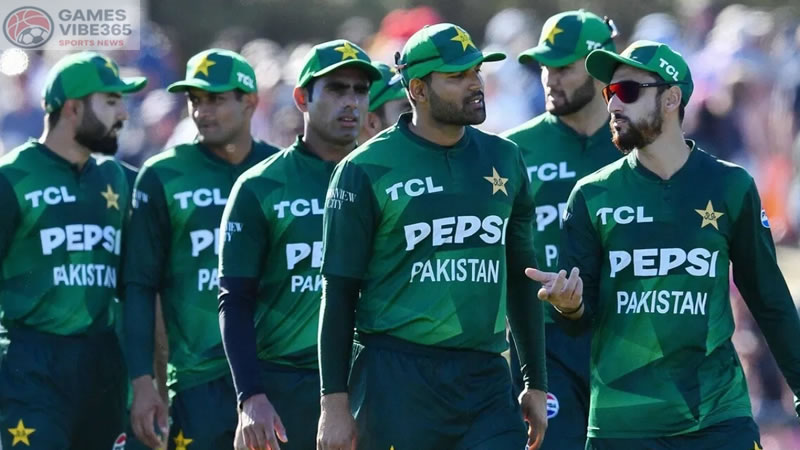Exclusion in cricket squad selection is defined as the decision to leave out previously established or high-performing players for strategic or performance-related reasons. In this case, Pakistan Cricket Board (PCB) announced its T20I squad on Sunday for the Asia Cup 2025 and the preceding tri-series against Afghanistan and the United Arab Emirates, leaving out star batters Babar Azam and Mohammad Rizwan.
According to head coach Mike Hesson, the decision was not based on form but rather on team balance and opportunities for other players. He emphasized, “We know what a fine player Babar is, but he has been asked to improve in specific areas such as taking on spin bowling and enhancing his strike rate. He is working hard on these aspects, while the current squad members are delivering positive results.”
Babar Azam, Pakistan’s former T20I captain, has consistently ranked among the top five ICC T20I batters, while Rizwan has been regarded as one of the most reliable openers globally. However, neither has featured since December 2024, as Pakistan experimented with different combinations. Since Hesson took charge in May, Pakistan has contested three T20 series winning 3-0 at home, losing 2-1 to Bangladesh away, and securing a 2-1 victory over the West Indies in the USA.
Read More: India Squad For Asia Cup 2025

The squad will be captained by all-rounder Salman Agha, marking a significant leadership shift. The selection panel also reinstated fast bowlers Mohammad Wasim and Salman Mirza, both of whom showcased wicket-taking ability in the Bangladesh series. Fakhar Zaman, who missed the ODI series in the Caribbean due to injury, also returns.
Pakistan’s Preparations for Asia Cup 2025 and Upcoming Tri-Series
Preparation in competitive cricket is defined as the strategic alignment of players, leadership, and match practice before major tournaments. The efficiency of preparation is measured through team balance, match fitness, and adaptability to conditions. The Asia Cup and UAE tri-series provide Pakistan with crucial testing grounds ahead of global events.
Hesson reiterated the team’s objectives: “Our focus is to win the tri-series and the Asia Cup. The aim is to peak in these pinnacle events.” His remarks highlight a performance-centered approach, where consistency and adaptability will be the key metrics. The UAE conditions are known for slow pitches, making spin-friendly strategies vital for success.
The current squad represents a blend of experience and emerging talent. Shaheen Shah Afridi leads the bowling attack with his pace and swing, supported by Haris Rauf and Hasan Ali. In batting, Saim Ayub and Sahibzada Farhan have been trusted with top-order responsibilities, while Khushdil Shah and Hussain Talat bring stability in the middle overs. Mohammad Haris is included as the primary wicketkeeper in Rizwan’s absence.
From an efficiency standpoint, this selection aims to diversify strike rotation, strengthen spin resilience, and increase death-over bowling options. Cricket analysts argue that testing combinations before a high-stakes Asia Cup ensures competitive depth. Statistics from the past five T20I tournaments indicate that Pakistan’s reliance on Azam and Rizwan for top-order runs often led to over-dependence. By broadening the batting order, Pakistan seeks to correct this imbalance.
The tri-series begins on August 29, followed by the Asia Cup 2025 starting September 9. Both hosted in the United Arab Emirates. With conditions similar to those expected in upcoming ICC events, this schedule is critical for Pakistan’s roadmap toward international dominance.
Pakistan Squad for T20I Asia Cup & Tri-Series 2025
Salman Ali (c), Abrar Ahmed, Faheem Ashraf, Fakhar Zaman, Haris Rauf, Hasan Ali, Hasan Nawaz, Hussain Talat. Khushdil Shah, Mohammad Haris (WK), Mohammad Nawaz, Mohammad Waseem Jnr. Sahibzada Farhan, Saim Ayub, Salman Mirza, Shaheen Shah Afridi, Sufyan Moqim
